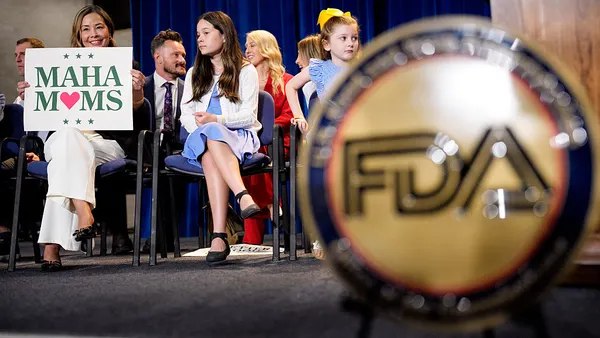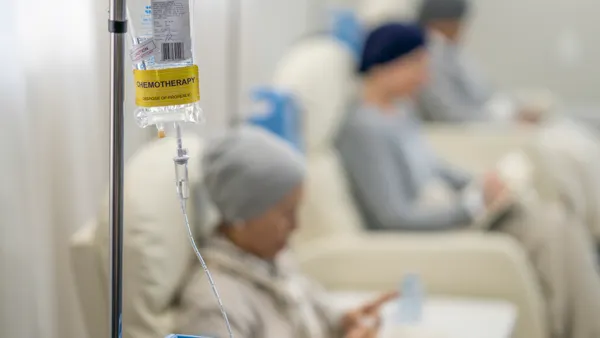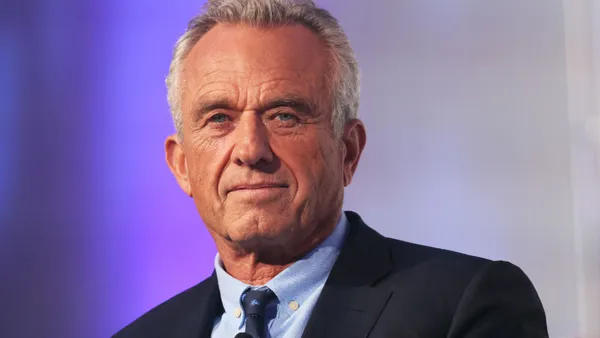Women in Science
 Gwen Nichols, M.D., Chief Medical Officer at The Leukemia & Lymphoma Society, outlines what is needed to bring more women into the sciences.
Gwen Nichols, M.D., Chief Medical Officer at The Leukemia & Lymphoma Society, outlines what is needed to bring more women into the sciences.
PV: What are some of the big takeaways from The Leukemia & Lymphoma Society’s (LLS) survey on women in science?
Nichols: There was a resounding consensus that Americans think women are not only important contributors to science, but that we ought to be encouraging more women to go into science. Stereotypes have really rung true, and we need to encourage girls to pursue science and math and not be distracted by people saying “you’re no good in math." Our survey showed that 8 of 10 adults believe that women are critical to scientific discoveries and that 7 in 10 believe more women should be in leadership roles.
PV: What do you think is needed to bring more women into science?
Nichols: We need to discourage girls from believing science is boring, not thoughtful, and solitary, and that they have to be a nerd to be successful. Yes, some of us are nerds, but we’re friendly, social, collaborative, and creative nerds. A lot of people are turned off by what science used to be — a solitary person sitting in the corner of a laboratory. This is not the nature of science anymore; no one works in drug discovery in a vacuum.
PV: What obstacles do girls and women face when trying to get into science?
Nichols: Some of the obstacles are the beliefs that girls are not good at math or they don’t have what it takes. We need to change the conversation. We need more women role models. It’s really important for women who  are scientists to talk about their careers, how to thrive in the sciences, and how to still have a personal life. Women can be physicians or scientists. They can be creative. It’s important for women in science to engage with girls and younger women to encourage them to consider science as a potential career path.
are scientists to talk about their careers, how to thrive in the sciences, and how to still have a personal life. Women can be physicians or scientists. They can be creative. It’s important for women in science to engage with girls and younger women to encourage them to consider science as a potential career path.
PV: What would have helped you when you were starting your career?
Nichols: One thing that would have helped as I started my career would have been more mentoring. When I had good mentors in my career, I thrived, and when I didn’t have someone guiding me, I floundered. Many women in my era were taught that if you behaved well and you did well in school you would be rewarded. I was reticent at times to take advantage of opportunities; I hope younger women today are more fearless.
PV: What is LLS doing to help women in science?
Nichols: Our grant process is very democratic, so women have an equal playing field. That, in and of itself, is a big step in the right direction. We are also offering a Career Development Program, a set of awards, that supports scientists at different times in their careers. We’ve heard from many researchers that this funding, particularly early on, has been instrumental in helping them advance to a competitive point in their careers.(PV)










